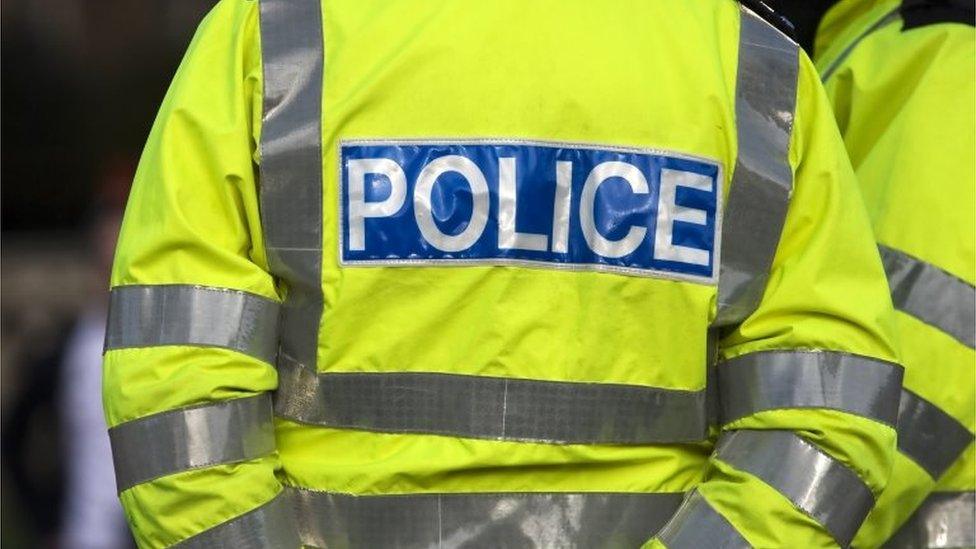Avon and Somerset Police 'institutionally racist', chief constable says
- Published
WATCH: Chief Constable Sarah Crew says the force is 'institutionally racist'
A chief constable says she believes her own force is "institutionally racist".
Sarah Crew said she came to that conclusion after applying a series of criteria to Avon and Somerset Police following a report into the local criminal justice system.
She said she was "in no doubt" that racism and racial bias were reinforced within systems across the force.
The force's Police Federation has objected to her statement and said it could divide officers and communities.
Ms Crew said: "We are not representative of the community we police. I am now owning the definition of institutional racism.
"This is recognition that the system is unfair, and our job is to make it fair."
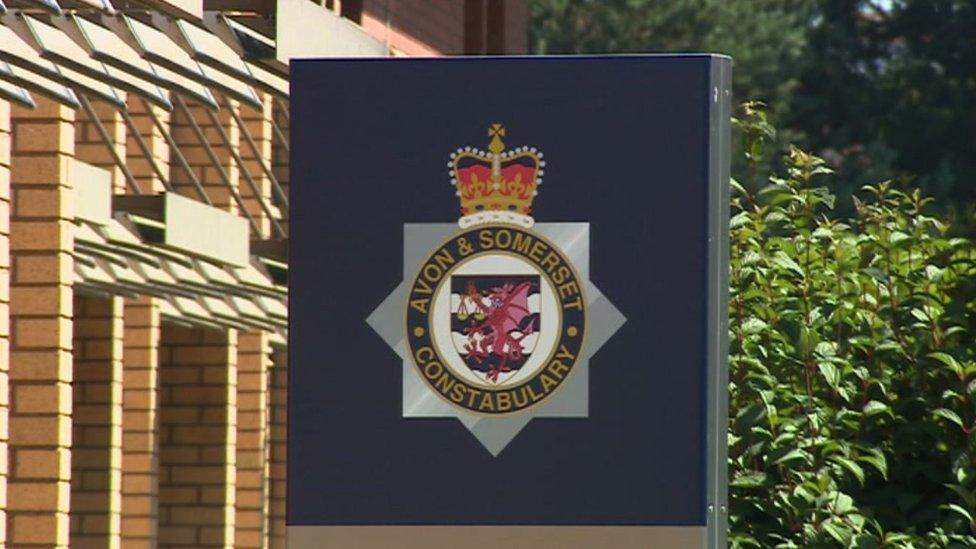
Avon and Somerset Police employs more than 6,000 people
Ms Crew examined her force's performance based on Baroness Louise Casey's criteria.
She was the peer asked to investigate the performance of the Metropolitan Police following the murder of Sarah Everard by a serving officer.
Active discussions about racism have taken place within Avon and Somerset Police since Desmond Brown published his report, external Identifying Disproportionality in the criminal justice system in the force area.
It showed evidence of a difference in the way the force interacted with people from different ethnic and racial backgrounds, particularly those from black heritage communities.
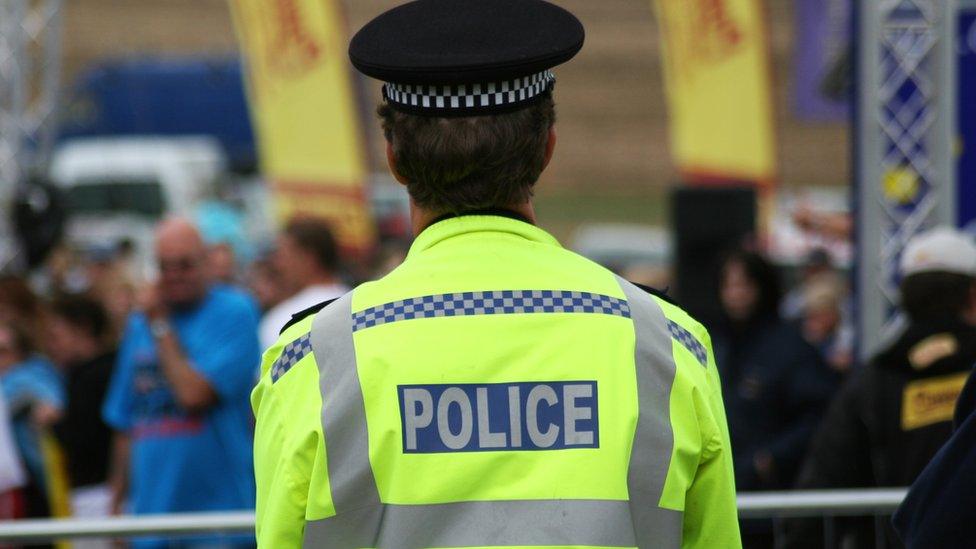
The body which represents officers in the force has objected to Ms Crew's statement
Ms Crew said they had been working through the report's recommendations.
"To make real change we need to work together, we need to be accountable and by admitting the truth we can start to make progress.
"I am hugely committed to build trust amongst all communities and this is an important step," she said.
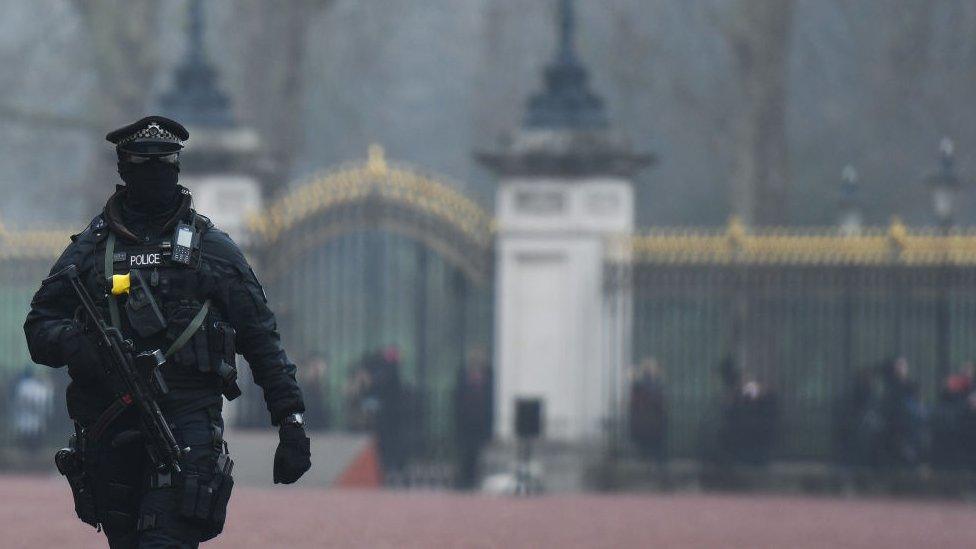
The Casey Review called the Met Police institutionally racist, misogynist and homophobic
She described Baroness Casey's review into the Metropolitan Police - which found it was guilty of "institutional prejudice"- including racism, sexism and homophobia - as another "catalyst" for her own force to examine itself.
"I'm in no doubt that, by Baroness Casey's criteria at least, Avon and Somerset Police is institutionally racist," Ms Crew said.
"I must accept that the definition fits - it does for race," said Ms Crew.
"I think it's likely to for misogyny, homophobia and disability as well, though the gaps in the data don't give us the sense of scale, impact or certainty that we have for race."

The Casey Review sets four tests on institutional racism:
There are racists - and people with racist attitudes - within the organisation
Staff and officers from black heritage and ethnically/racially minoritised backgrounds experience racism at work and it is routinely ignored, dismissed, or not spoken about
Racism and racial bias are reinforced within systems
The force under-protects and over-polices black heritage people

However, Avon and Somerset force's Police Federation, which represents officers, objected to Ms Crew's statement.
It said it created "a false narrative" that could cultivate the impression its officers were racist "and actually drive a divide between our officers and the communities this is intended to assist".
Chair Mark Loker said Ms Crew's comments had been shared internally via a vlog and needed data to back them up, otherwise they amounted to "virtue signalling".
"If accusations of 'institutional racism' are levelled against institutions, these should - like any other serious accusation - be subject to robust assessment and evidence."
He added Ms Crew's characterisation of the force "will do more harm than good".
"This will make our jobs that much more difficult because there will be sections of the community that will use this to their advantage to either make complaints to the police on the back of a legitimate stop and search or on the back of a legitimate arrest and we see that all too often.
"Unfortunately too much time is wasted on vexatious complaints to subvert criminality."
Last year, the force apologised to an investigator who was subjected to "toxic" racial abuse.
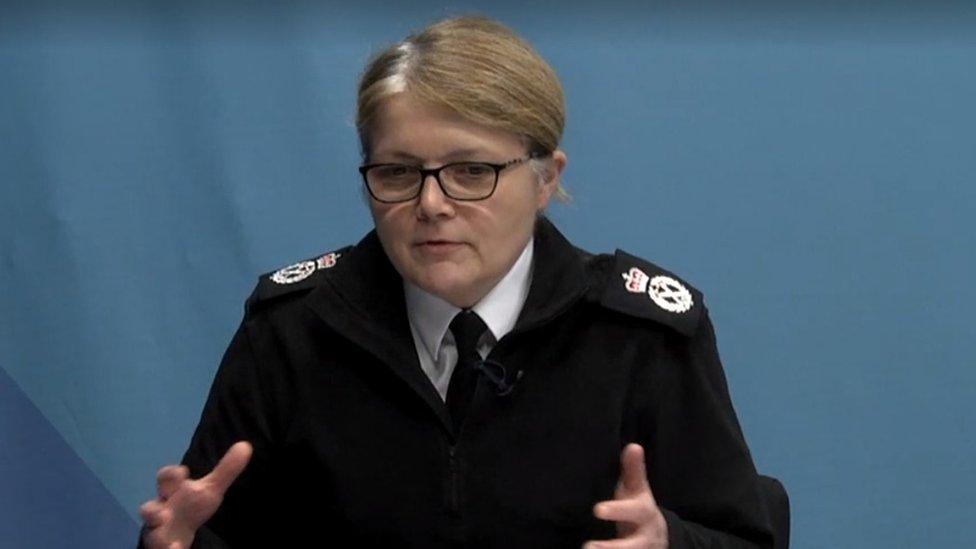
Ms Crew said she had "no doubt" the force was institutionally racist
Ms Crew argued there was "real data" behind her words.
"You are six times more likely to be stopped and searched in the force area if you're from black heritage," she said.
"The evidence is undeniable - we are improving but it is not happening fast enough."
Ms Crew added: "I need to be clear, I'm not talking about what's in the hearts and minds of the vast majority of people who work for the force.
"This is about recognising the structural and institutional barriers that exist and which put people at a disadvantage in the way they interact with policing because of their race."
James Oluoch-Olunya, chair of Avon and Somerset Police's Race Ethnicity and Cultural Heritage (Reach) group, said Ms Crew's findings were an important first step for change.
"It's an important acknowledgment of people's lived experience and all of the pain and suffering - it is starting the conversation from an honest place and we can't fix a problem unless we acknowledge it," he said.
He added it was "actions" communities were most interested in, adding in future, the force needed to take a zero-tolerance approach to racism.
"The culture of an organisation is defined by the worst behaviour it will tolerate, so by giving people multiple passes it just keeps perpetuating."
His sentiments were echoed by civil right's charity Black Equity Organisation.
"The admission by Sara Crew is a welcome first step in the fight to ensure that all communities are policed fairly and that the structures that support racism, misogyny and homophobia are dismantled," chief executive Dr Wanda Wyporska said.

Follow BBC West on Facebook, external, Twitter, external and Instagram, external. Send your story ideas to: bristol@bbc.co.uk , external
Related topics
- Published21 March 2023
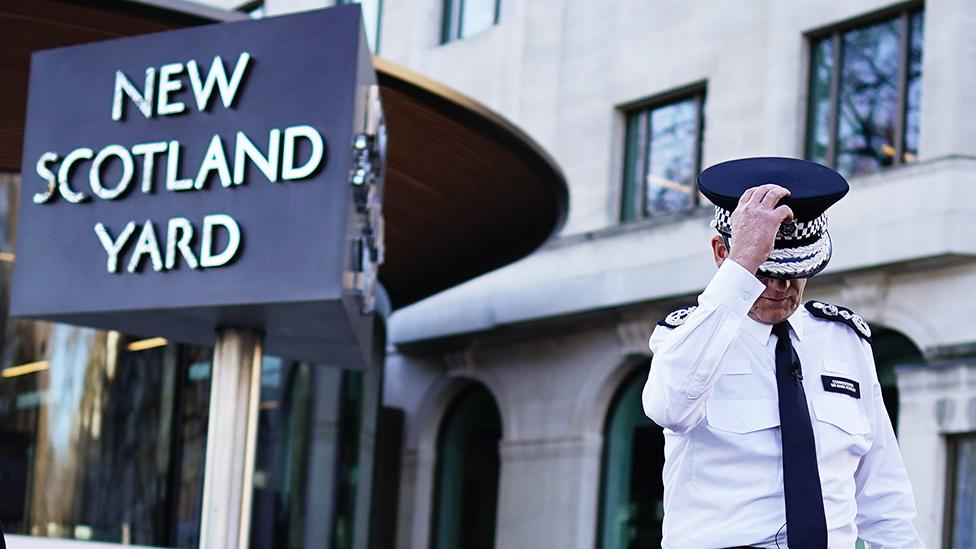
- Published2 November 2022
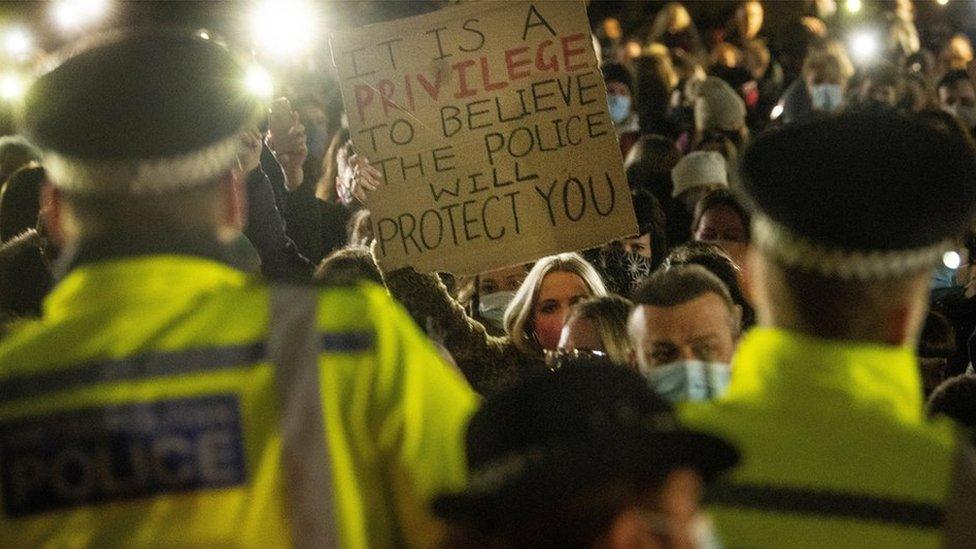
- Published16 February 2022
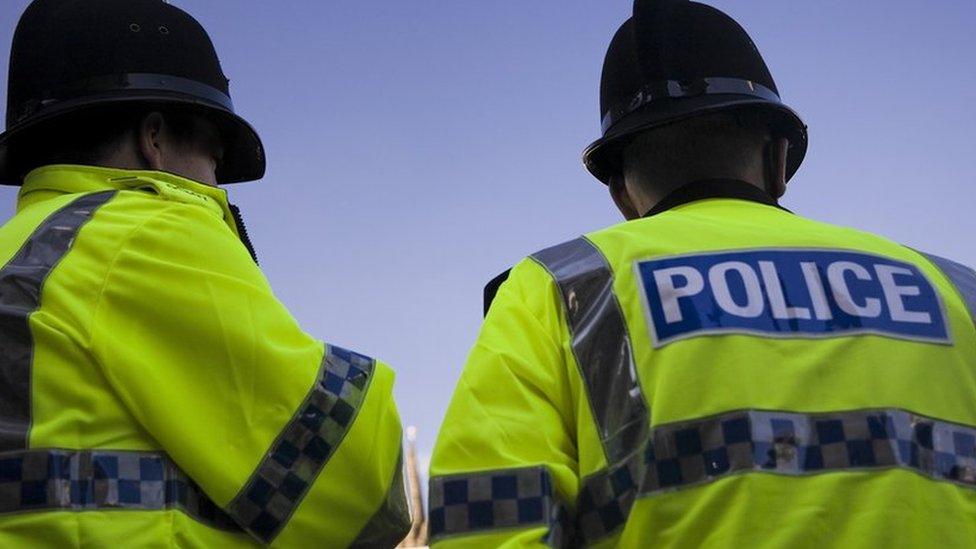
- Published26 February 2021
